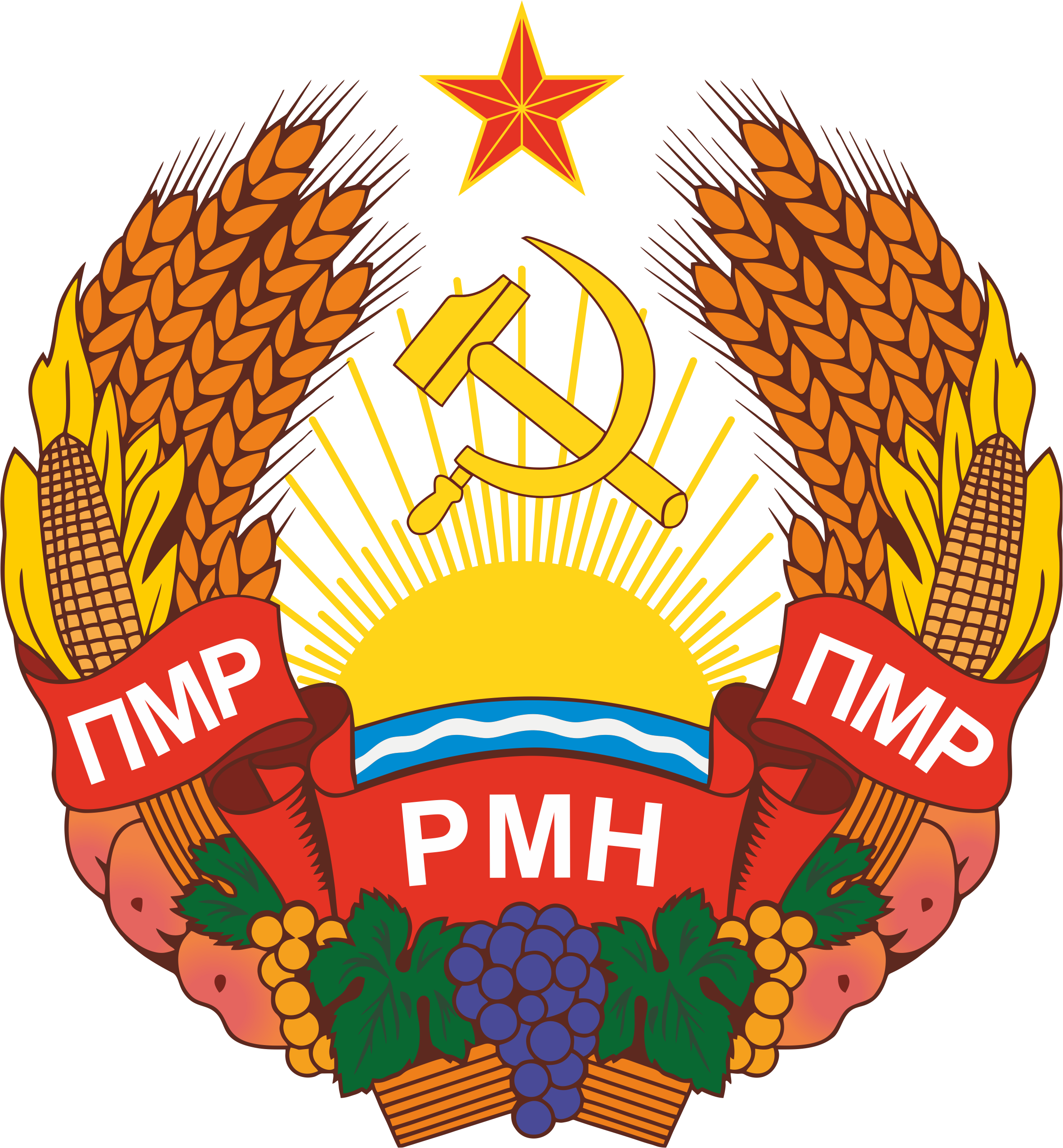Комитет по законодательству, правоохранительным органам, обороне, безопасности, миротворческой деятельности, защите прав и свобод граждан
Deputies of the Committee on Legislation, Protection of the Rights and Freedoms of Citizens Galina Antyufeyeva, Gregory Dyachenko and Oleg Petrik prepared amendments and additions to the Administrative Code. It is proposed to specify the norms of administrative legislation, eliminate legal gaps, and harmonize them with the legislation of the Russian Federation. The law-in-draft was supported in the course of the meeting of the relevant committee for adoption in the first reading.
Thus, the authors of the law-in-draft consider it necessary in particular to introduce administrative liability for illegal activities in the employment of Pridnestrovians abroad. The Code of Administrative Offenses currently provides for punishment for carrying out business activities without state registration or without a special permit (license), as well as in violation of the procedure for carrying out business activities (Article 14.1). Punishment is provided in the form of a fine from 100 to 1500 minimum wages (1840 - 27600 rubles). Deputies of the Committee proposed to write a new article 14.1.2, which would specifically relate to the implementation of illegal activities for the employment of citizens of the Pridnestrovian Moldavian Republic outside the republic and thereby increase the punishment for such an offense. The law-in-draft proposes fines ranging from 450 to 2500 minimum wages (8280 to 46000 rubles). According to the authors of the law-in-draft, the norms of the Code of Administrative Offenses need to be supplemented to protect the rights of Pridnestrovians, since recently there has been an increased interest in employment abroad. At the same time, there are cases when citizens of the Pridnestrovian Moldavian Republic were deceived in such employment.
In addition, the law-in-draft corrects clause 3 of Article 12.7 of the Code of Administrative Offenses, which concerns administrative responsibility for transferring control of a vehicle to a person who does not have the right to drive a vehicle (except for training driving) or who has been deprived of such a right. The authors propose to introduce the qualifying feature “knowledge” and establish that administrative responsibility arises for the transfer of control of a vehicle to a person who obviously does not have the right to drive a vehicle (with the exception of training driving) or is deprived of such a right.
It is also proposed to specify what should be contained in a complaint against a decision on an administrative offense as part of this law-in-draft. The Code establishes the right of appeal, the procedure for filing a complaint, but the content of the complaint is not established now. A situation has arisen because of this in practice, where complaints do not contain arguments indicating the grounds for revising a decision in an administrative case, do not contain information about the persons filing the complaint, and also do not contain an indication of the decision in a case of an administrative offense.
Amendments and additions to the Code of Administrative Offenses, prepared by deputies of the Legislation Committee, will be considered at one of the plenary meetings in the first reading.


 Законы ПМР
Законы ПМР Постановления
Постановления Законопроекты
Законопроекты Анонс мероприятий
Анонс мероприятий 0 (533) 6-24-24
0 (533) 6-24-24